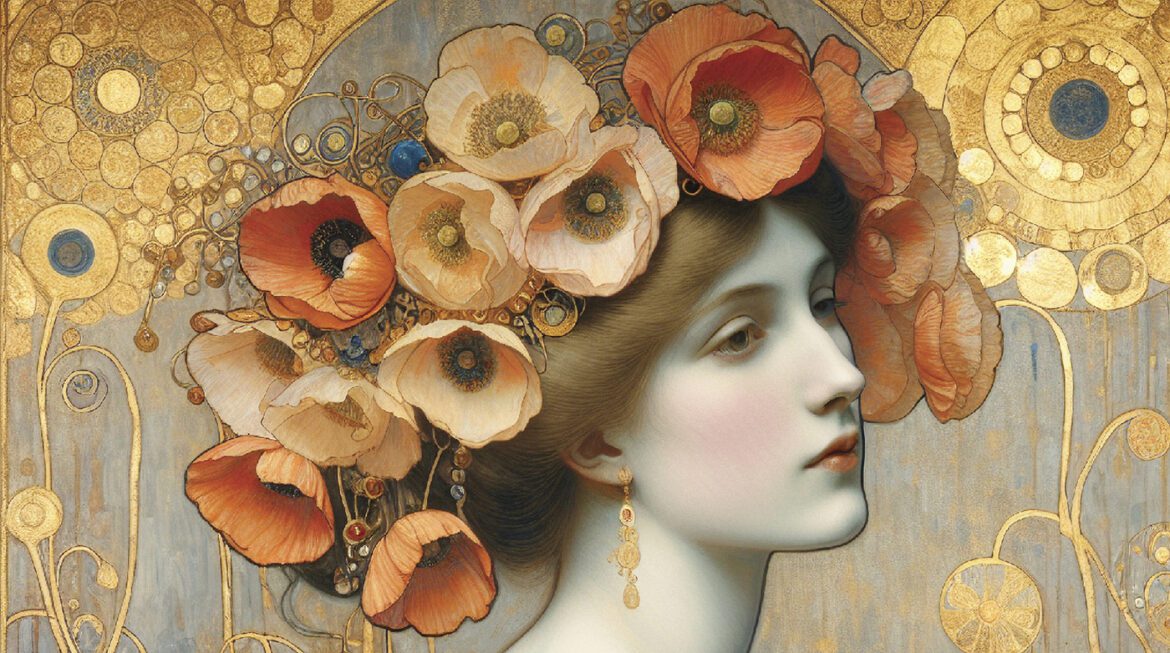Artificial Intelligence (AI) is no longer just a futuristic concept; it has become an integral part of the creative landscape, revolutionizing how art is made, viewed, and collected. The rise of generative AI tools like DALL-E, MidJourney, and ChatGPT has introduced new possibilities for artistic creation, sparking profound conversations about authorship, creativity, and the role of technology in art-making.
Generative AI tools have fundamentally altered the way artists approach their craft. Tools like DALL-E and MidJourney use complex algorithms to generate images based on user input, allowing artists to collaborate with AI in producing artworks that range from hyper-realistic to abstract and otherworldly. By providing text prompts, artists can generate a wide array of visuals that were previously unimaginable, opening doors to creative possibilities that challenge traditional boundaries.
The process of using AI in art creation shifts the role of the artist from sole creator to co-collaborator with technology. AI does not replace human ingenuity but enhances it by offering a wellspring of ideas, textures, and forms to experiment with. This raises exciting questions about the nature of creativity: Is the artist still the sole author of a work if an AI algorithm is generating much of the content? Can AI have a creative “voice,” or is it merely a tool serving human vision?
One of the most significant impacts of AI is how it democratizes art. Before the advent of AI tools, creating intricate or professional-level art often required years of training or access to expensive resources. Now, these generative tools have lowered the entry barrier, allowing aspiring creators, regardless of their technical skills, to produce art.
For collectors, this opens a new frontier. The AI-generated art market is growing, with NFTs (non-fungible tokens) acting as digital certificates of authenticity for pieces produced using AI. Collectors are not just acquiring artwork but also engaging with a novel form of digital creativity. The rapid evolution of AI tools, combined with blockchain technology, allows collectors to own pieces that challenge the definitions of what art is and how it should be valued.
Beyond creation, AI is also transforming the way art is curated and critiqued. With the ability to analyze vast amounts of data, AI can identify trends, influences, and stylistic patterns in art that might escape human critics. AI algorithms can process historical data to highlight connections between movements or predict the future trajectory of artistic trends, offering valuable insights to curators and art historians.
For collectors, AI can provide personalized recommendations, matching them with art pieces that align with their tastes. This shift suggests a future where AI will play a crucial role not only in producing art but also in how art is experienced, sold, and valued. AI-driven curation may one day shape entire galleries or exhibitions, creating highly customized experiences tailored to individual tastes.
As AI reshapes creativity and collecting, it also sparks important ethical debates. Who owns AI-generated art—the artist who provided the input, the programmer who designed the algorithm, or the machine itself? These questions have led to new legal and philosophical discussions about copyright, ownership, and authorship in the digital age.
There is also concern about the homogenization of creativity. If AI tools are widely used, will they reduce the uniqueness of individual artistic voices, or will they enhance them by providing new ways to express ideas?
AI is undeniably changing the world of art. As artists and collectors continue to explore its potential, AI will serve as both a tool and a muse, reshaping the boundaries of creativity and transforming the future of collecting in ways that are just beginning to unfold.

